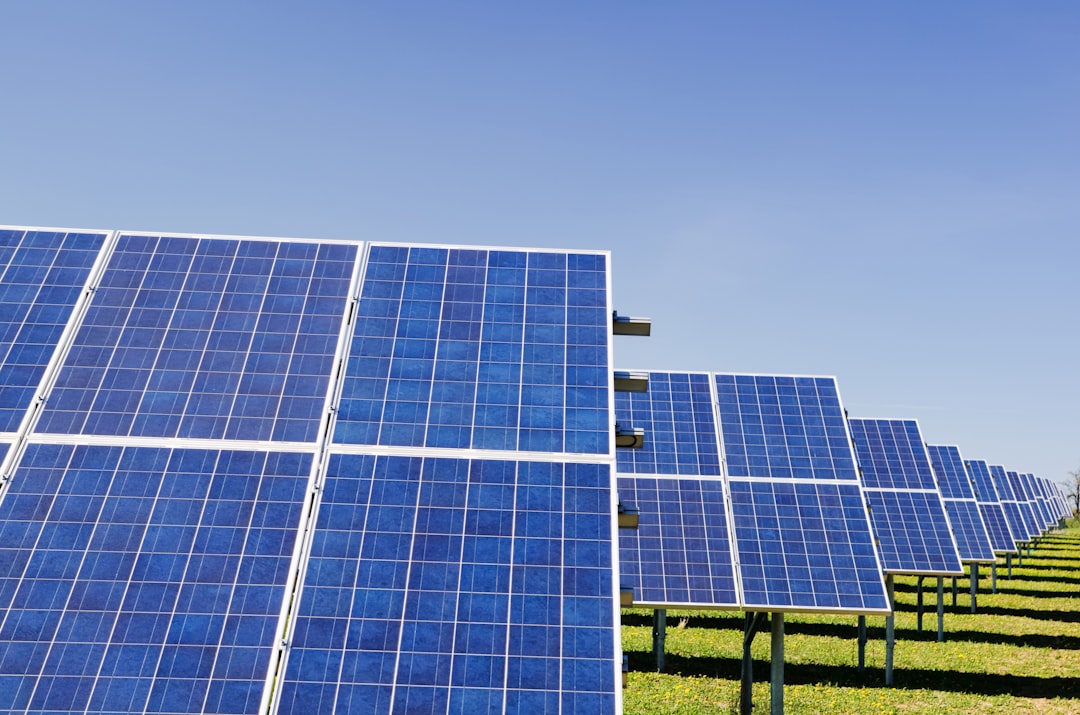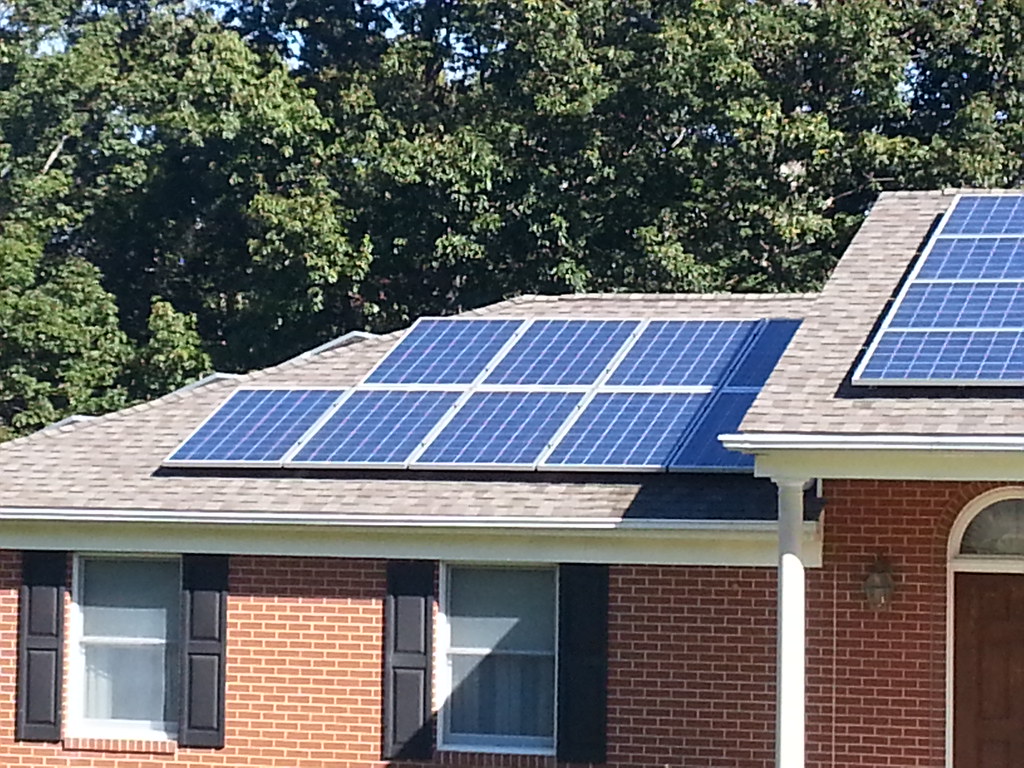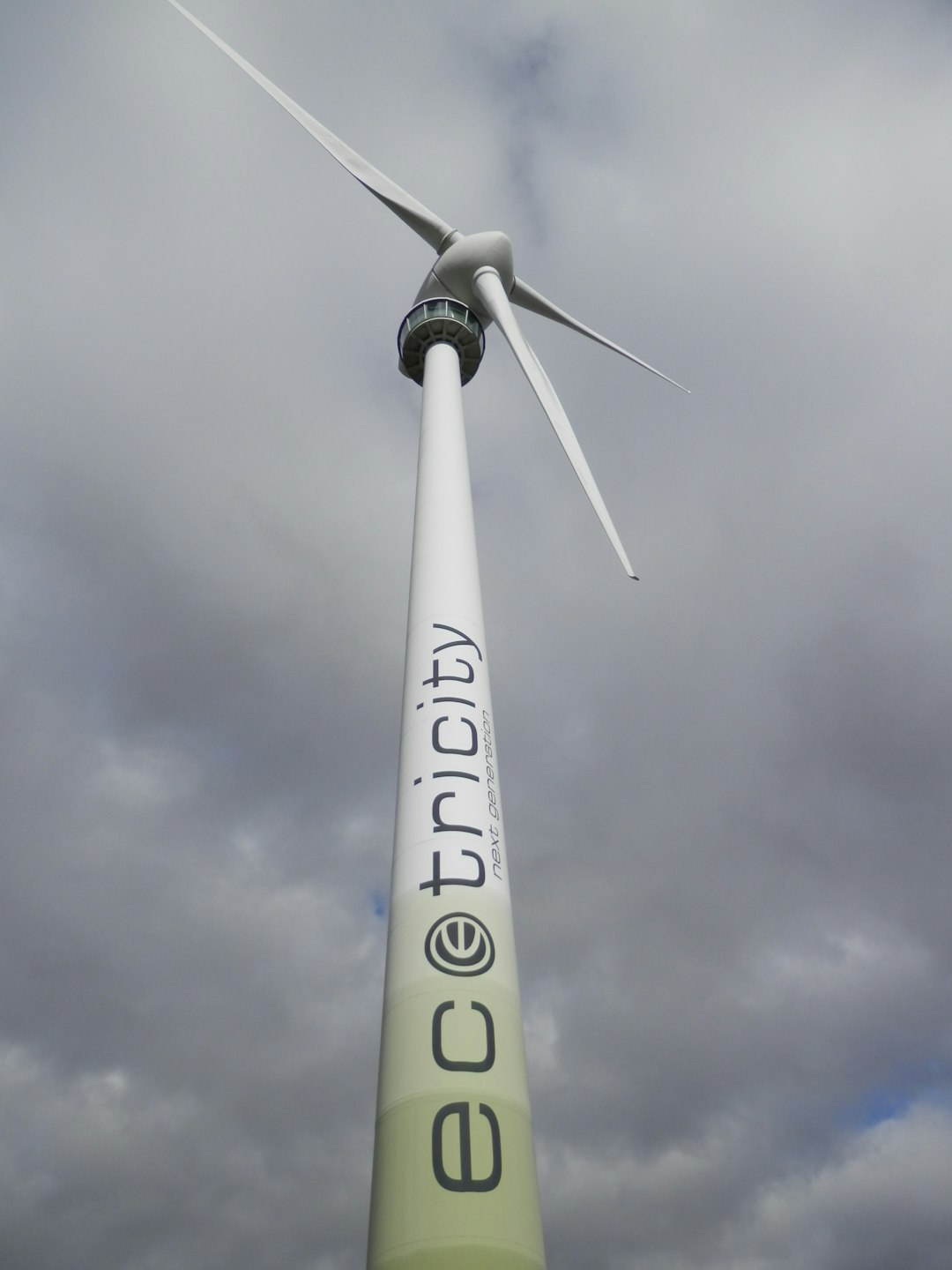Introduction to Renewable Energy

The idea of renewable energy isn't novel, yet its influence on the United States' economy has never been greater. These resources derive from elements like sunshine, wind, and water, which constantly regenerate themselves.
In contrast to fossil fuels, these resources are plentiful and sustainable. Over the past few years, the United States has made considerable progress in utilizing renewable energy, spurred by environmental worries as well as economic advantages.
As technology progresses, the expense of renewable energy has dropped, rendering it an increasingly appealing choice for both companies and families. This transition to renewables isn’t solely about environmental conservation; it’s also reshaping our economic landscape.
Creation of Jobs and Boosting Economic Development

A significant effect of renewable energy on the US economy is the generation of employment opportunities. Industry analyses indicate that this sector has emerged as one of the quickest expanding areas for jobs within the nation.
Positions in solar and wind energy sectors, for instance, have grown at a pace significantly faster than the national average. These roles are plentiful and varied, encompassing areas such as construction, installation, as well as research and development.
The expansion of renewable energy positions aids in maintaining economic steadiness and offers chances for employees moving over from conventional power industries. This surge in job creation underscores the sector’s capability to spur economic advancement.
Reducing Energy Costs

Renewable energy has the potential to significantly lower energy costs for consumers. As technology advances, the costs associated with producing renewable energy have decreased.
This has led to more competitive pricing compared to traditional energy sources, such as coal and natural gas. The long-term savings for households and businesses can be substantial, freeing up capital for other economic activities.
Additionally, renewable energy systems, like rooftop solar panels, can offer energy independence by reducing reliance on the grid. This shift not only benefits individual consumers but also enhances the overall economic resilience of communities.
Energy Independence and National Security

Increasing the use of renewable energy sources also enhances national security by reducing dependence on foreign oil. The US has historically relied heavily on imported fossil fuels, which can be subject to geopolitical tensions and price volatility.
By investing in domestic renewable energy, the US can achieve greater energy independence. This shift not only stabilizes the economy but also reduces the risk of energy supply disruptions.
In essence, renewable energy contributes to a more secure and self-sufficient nation, which is crucial in an ever-changing global landscape.
Environmental Benefits and Economic Implications

The environmental benefits of renewable energy are well-documented, but their economic implications are equally important. By reducing greenhouse gas emissions, renewable energy helps mitigate the effects of climate change, which can have severe economic consequences.
Extreme weather events, rising sea levels, and other climate-related issues can disrupt industries and cost billions in damages. By investing in renewable energy, the US can reduce these risks and avoid the economic costs associated with climate change.
Furthermore, the transition to cleaner energy sources can improve public health by reducing air pollution, leading to savings in healthcare costs.
Innovation and Technological Advancements

The push for renewable energy has spurred innovation and technological advancements in the US. Research and development in this field have led to more efficient solar panels, advanced wind turbines, and improved energy storage solutions.
These innovations not only make renewable energy more viable but also position the US as a leader in the global clean energy market. As technology continues to evolve, the potential for further economic benefits increases.
By staying at the forefront of renewable energy technology, the US can maintain a competitive edge in the global economy.
Challenges and Opportunities

While the benefits of renewable energy are clear, there are also challenges to consider. The transition from fossil fuels to renewable energy requires significant investment in infrastructure and technology.
Additionally, there are regulatory and policy hurdles that must be addressed to facilitate this shift. However, these challenges present opportunities for growth and development.
Through investments in renewable energy infrastructure and policy reforms, the United States can build a more sustainable and robust economy. While the shift might be intricate, the advantages in the long run significantly surpass the difficulties faced initially.
Conclusion of the Summary

The impact of renewable energy on the US economy is profound and multifaceted. From job creation and energy cost reduction to national security and environmental benefits, renewable energy plays a crucial role in shaping the future of the economy.
By embracing renewable energy, the US can achieve economic growth, energy independence, and environmental sustainability. The journey may be challenging, but the potential rewards make it a worthy endeavor.
What do you think about this topic? Share your thoughts in the comments below — we'd love to hear from you! Want more stories like this? Follow us and never miss out!